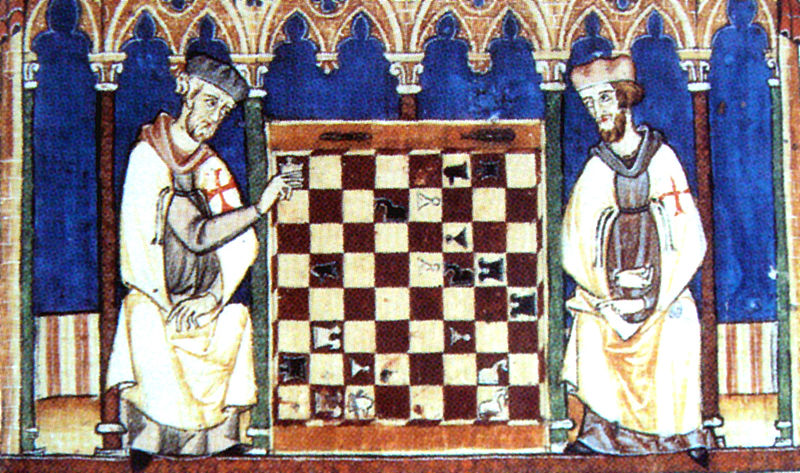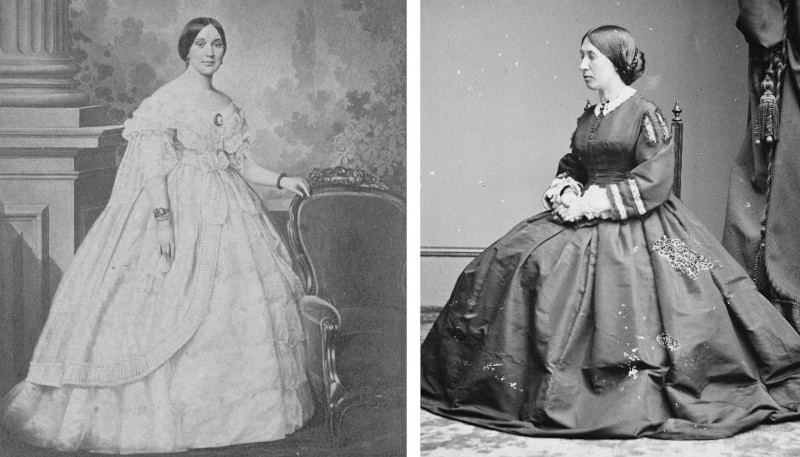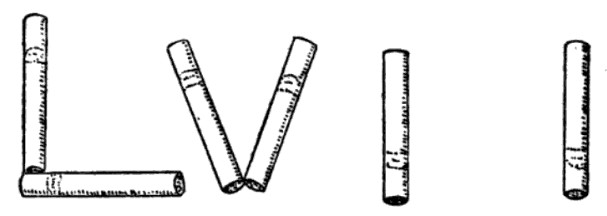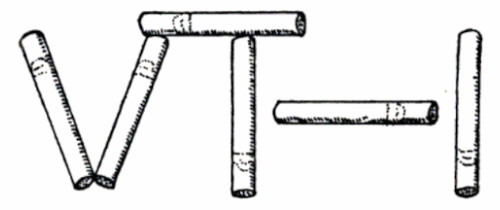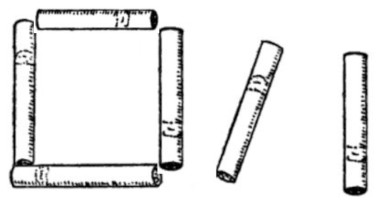
Names of the Mad Hatter in various translations of Alice’s Adventures in Wonderland:
- the Hatmaker
- the Maker of Hats
- the Hatman
- the Man Who Made Head Protection
- Mr. Tophat
- Owl
- Master Hats
- Marble Mason
- Stockman
- Blockhead
- Baboon
- Fellow With Hats
- Cap-Wearing Person
- Kynedyr Wyllt mab Hettwn Tal Aryant
That last one’s in Middle Welsh. Though Lewis Carroll’s novel abounds in wordplay, rhymes, quotations, nonsense, homophones, logical twists, and Victorian allusions, it’s found its way into 174 languages and more than 9,000 editions around the world. Zongxin Feng of Tsinghua University in Beijing wrote, “Of all Western literary masterpieces introduced into China in the twentieth century, no other work has enjoyed such popularity.”
In an 1866 letter, Carroll had written, “Friends here [in Oxford] seem to think that the book is untranslatable.”
(Jon A. Lindseth, ed., Alice in a World of Wonderlands, 2015.)

